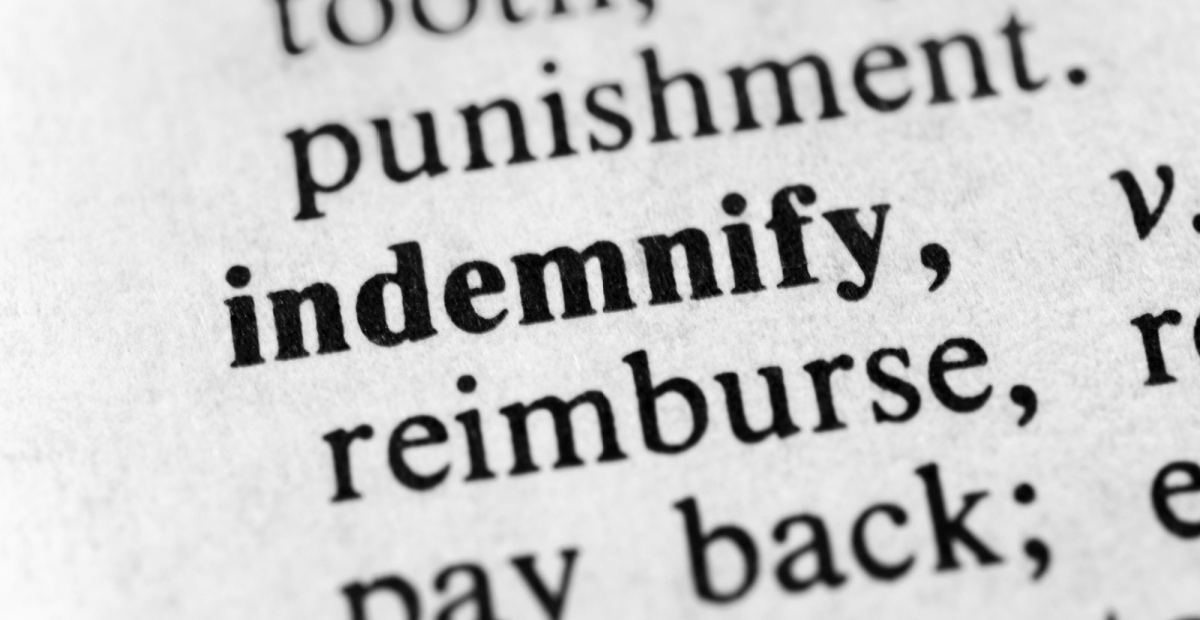Govt should indemnify advisers against ASIC inaction

If the Australian Securities and Investments Commission (ASIC) decides not to act against financial advice firms or advisers about which it has received adverse reports then the financial planning sector should be indemnified against any related claims to the Compensation Scheme of Last Resort (CSLR).
The SMSF Association has told the Senate Economics References Committee that one of the few mechanisms open to advisers to minimise the costs of the CSLR is to report misconduct to ASIC but there is no guarantee the regulator will act.
It said one of the key concerns raised by SMSF Association members has been the effectiveness and efficiency of ASIC’s approach to handling reports of misconduct, including the ability to respond to issues in timely manner to reduce the scale of loss for consumers.
“We acknowledge that ASIC’s resources are finite, yet its role and remit has grown significantly over time, likely challenging its ability to be an effective and efficient regulatory agency,” the SMSF Association said.
“Importantly, the only mechanism a financial adviser currently has to prevent future potential CSLR costs is to report any problems they become aware of to ASIC. However, ASIC only investigate approximately one per cent of misconduct reports it receives16 and has no obligation to report back to the financial planning sector how many complaints it has received, actioned or final outcomes. Yet, ASIC do not bear the risk of no or slow action, rather this is borne by the client/s and financial advice firms through not only the CSLR, but also the ASIC Industry Funding Levy,” it said.
“We believe that if a report has been lodged with ASIC about a financial adviser or financial advice firm and ASIC choose to not act, or substantially delay any action, the financial planning sector should be indemnified from any future CSLR claims,” the SMSF Association said.
It said there are limited options for enforcement action or consumer redress that can be taken once a company has collapsed.
“However, should ASIC be successful in recovering any fines or penalties from an insolvent entity, we believe any recovered funds should be paid to the CSLR to fund client compensation, rather than continue to go into consolidated revenue,” it said.
“We also believe that the example of Dixon Advisory highlights the concerning ability of large listed corporates to enter a subsidiary firm into bankruptcy to avoid paying client compensation, among other liabilities. In fact, in this case E&P Financial Group successfully wound-up Dixon Advisory, retained 78 per cent of Dixon Advisory clients and appointed 39 of its financial advisers
“On face value it could be seen as internal phoenixing, given the redistribution of resources and the retention of customers, resulting in the maintenance of business continuity for E&P Financial Group but only being held accountable for a fraction of the liabilities Dixon Advisory did or was likely to incur. “
“This sets a concerning precedent that must be addressed,” it said.











ASIC has consistently focused on persecuting innocent, professional advisers, rather than taking action against the obvious wrongdoers that cause consumer harm. ASIC doesn’t lack resources. It lacks impartiality and integrity.
ASIC should review the case and properly investigate the financial planner they crucified (lost their houses, savings and nearly lost his family and suffered significant distress through this experience until now) for alleged churning of insurance products. Through some bogus complaint (severely manipulated & incomplete information) regarding this financial planner, they alleged the financial planner churned insurance products and put his clients into an inferior product and claimed commissions from it (His superiors received the commissions as per evidence, not him, he was an employee & got paid a salary). Turns out, this financial planner had no choice to represent himself at the AAT (no funds to hire a lawyer or barrister, spent $400k). Evidence shows new life insurance products clearly had more features and benefits and monthly premiums was significantly lower and had a reference number before assessment for every single file. Materials was severely manipulated to make it look like this financial planner was a crook. This financial planner had no compliance breaches, 100 plus good character references from the community and industry & had all the awards, 3 independent experts was hired to investigate the matter and turns out there was no formal / verbal warning of any breaches and other financial planners were doing it and still practising. The transfer form provided was the incorrect form. The correct transfer form was only generated after this financial planner left.
When the truth started to surface, executives and including ASIC delegate who ruined this financial planner’s life, retired/resigned and employed somewhere else. ASIC has ruined this person’s life including his family (I am sure ASIC staff have families themselves) by not investigating this matter thoroughly & properly, they simply relied on incomplete materials provided to them. Lastly, they alleged 49 client files was churned, however, when this financial planner, decided to represent himself and directly asked for the 49 client files so he can thoroughly investigate his matter, he has only received 20 client files, until now remaining 29 files have not been presented. Information on the judgement states, “retraining & monitoring this financial planner was a better option considering the truth was revealed”. ASIC need to take accountability for their significant errors and correct this.
With no legal background, this planner represented himself against ASIC for 2days to show them the truth, he was by himself and had the courage to do it.
Yes, there was a reasonable basis of advise – significant lower premiums & better features and benefits coz existing insurance covers increased min.15% (comparison tables provided between existing & new product) and clients was complaining about this, his employer/executives took ALL the commissions, he was a paid employee. They made this bogus complaint after a year (2015) he started his own practice.
Why did ASIC simply rely on the incomplete / manipulated evidence against this financial planner?
This is a miscarriage of justice.
PBCS, Pollies & Bureaucrats Compo Scheme is a must see.
Let’s make these clowns in Canberra take some responsibility when they do next to nothing.
10 years+ of Dodgy Dixons complaints and zero effective action = ASIC that’s your fault & Compo to pay.
Robo Debt, Pollies & Bureaucrats maladministration caused $1 billion in Compo & suicides a plenty. PBCS should pay. Force these clowns to be accountable.
I made a complaint to ASIC, on multiple occasions, about a firm that had no link to any AFSL, that none of its staff were on the FAR, and that clearly advertised itself as an SMSF specialist, tax specialist, investments specialist, provided their version of SoA’s, advertised to ‘consolidate and rollover your supers via them’ etc. In every conceivable way their web site clearly depicted them as financial advisers, without any licenses in sight.
And what did ASIC do, with multiple complaints over 2 years?
Literally NOTHING.
Not a damned thing. The firm is STILL advertising itself (as at this morning) unchanged.
But if (when) the ordure hits the oscillating device then WE will be forced to pick up the tab at CSLR.
Not sure we will pick up the tab through CSLR, as I believe it only covers compensation for actions by people that were licensed at the time?
However there will inevitably be harm to consumers, and there will also be reputational damage to genuine professionals when the media incorrectly portrays theses shonks as advisers.
One wonders if ASIC is deliberately ignoring this sort of thing, in order to promote a consumer perception that the only safe source of advice is their (union) super fund.
ASIC have previously told me that if you don’t lose money to an unlicensed adviser / investment scam / poor advice then they place it on the lowest level for investigation. Basically if you work out someone is giving unlicensed advice and don’t proceed with them they are free to keep going for as long as they want because ASIC won’t do a thing.